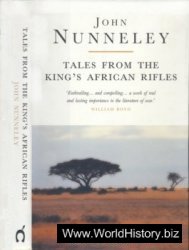As we saw before, the writings by Alexander translated within the circle of al-Kindl were mostly devoted to cosmological topics. To Hunayn and his school we owe the translation of two writings on soul and its faculties, whose impact on subsequent Arabic philosophy has been momentous: the short De intellectu, translated by Ishiaq (edition: Finnegan 1956; Badawl 1971), and the De anima, lost in Arabic, but partly preserved in Hebrew (translated into German by M. Steinschneider together with I. Bruns’ edition of the Greek text, Suppl. Ar. II.1, 1887). Other personal works by Alexander can be traced back to this period: a couple of short writings on sense perception; several Questions, a treatise on the differentia specifica, another treatise on time (lost in Greek), and the treatise On the Principles of the Universe mentioned above (see Goulet and Aouad 1989). Among the commentaries, Hunayn translated into Syriac Alexander’s On the Metaphysics, at least as far as Book Lambda is concerned: this translation is lost to us, but in his own Long Commentary on the Metaphysics Averroes quotes several passages from the Arabic translation, made by Abu Bishr Matta on the basis of Hunayn’s Syriac version (K. al-Fihrist, p. 251.29 F; edition of the Arabic fragments: Freudenthal 1885; on the translation by Abii Bishr Matta, see below). to the quotations in Averroes’ commentary, parts of Alexander’s genuine exegesis of Book Lambda can be recovered (it should be recalled that only books Alpha to Delta are by Alexander, in the Greek text transmitted under his name). To Ishtaq the K. al-Fihrist (p. 249.24 F) attributes also the translation of Alexander’s commentary on the Topics.




 World History
World History









